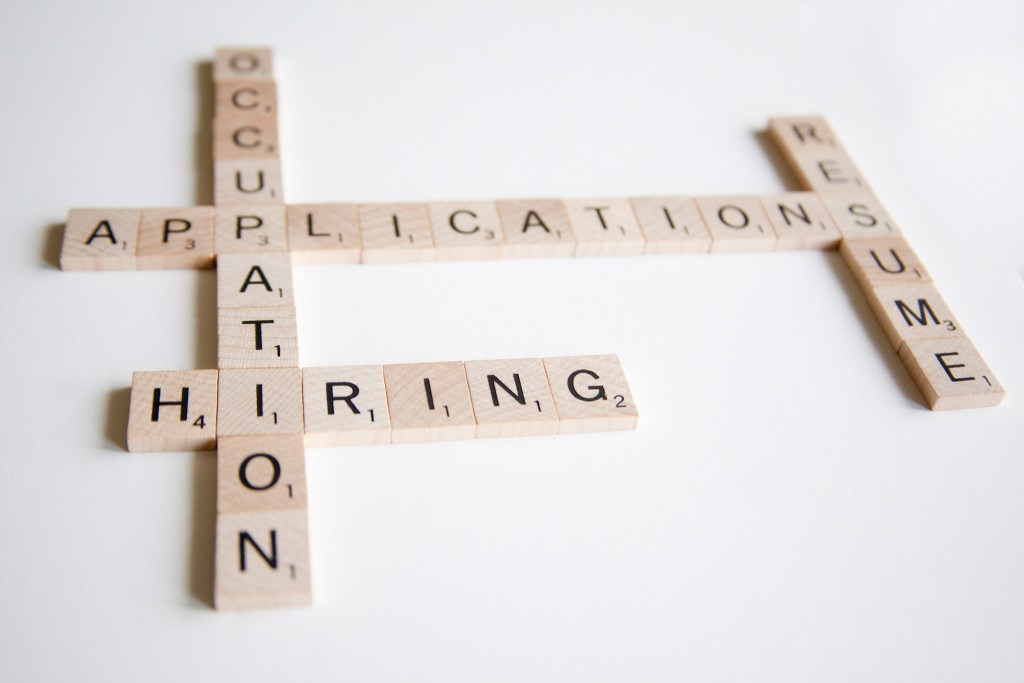![]()
According to the 2015 Millennial Majority Workforce Study, hiring managers are now prioritizing hard skills (skills that are quantifiable) over other various skills, including personality and soft skills. 55 percent of hiring managers in the study say they focus more on hard skills when hiring, versus only 21 percent who say they focus more on attitude or personality. 45 percent of hiring managers expect to become even more skills-focused in the next ten years.
At the same time, many hiring managers think millennials lack more in soft skills than in hard skills, even though millennials are adept team players. As early as 2008, the Society for Human Resource Management conducted a study showing that HR professionals and employees both reported that adaptability, flexibility, critical thinking, and problem-solving skills were most important for new entrants into the workforce.
For millennials entering the public workforce, it’s important to have a combination of hard and soft skills to land you the interview and get your foot in the door, not to mention better equip you for serving in government. Build on these top 10 skills to be more competitive for your government career.
Hard Skills– These skills are technical and give you clout on your resume. They’re quantifiable and equip you to actually perform your work duties. They include analytics, problem solving, and other technical skills. Here are the most important hard skills that will make you stand out in the public the job market:
- Project management- The Project Management Institute recently released a forecast predicting that by 2020, there will be 15.7 million project management positions created globally. In the US, the demand for these skills translates to about 6.2 million jobs. As you know, government is all about projects. You can harness project management skills by studying for and attaining project management certifications, learning how to use a Gantt chart, and learning how to create and manage a budget.
- Critical thinking and data analysis– Government employers seek candidates with the ability to assess and analyze information, which can then be used to make recommendations and plan projects. It’s important to be proficient in relevant statistical software most used by government, including SPSS, STATA, and Excel. Being proficient in these tools doesn’t mean you’ve just heard of them and know what they are, but means you can actually perform meaningful tasks.
- Writing– Your cover letters and resumes say it all. This is not a hard skill to shrug off, as nearly every employer seeks strong writing skills. According to HireArt, young candidates may have a harder time entering the workforce because they haven’t conquered spelling, subject-verb agreement, and proper tense. Make sure you’re practicing your writing and always have someone edit your application materials.
- Foreign Language– While all government employers do not necessarily define this as a “deal breaker,” learning a foreign language is critical to enhancing your opportunities in government. With the rise of globalization and an increasingly diverse population, many of the citizens that you serve will not necessarily speak English. According to the National Education Association, “a pervasive lack of knowledge about foreign cultures and foreign languages threatens the security of the United States as well as its ability to compete in the global marketplace and produce an informed citizenry.”
- Software- This is the part of your resume where you list Microsoft Office, Adobe, etc. Since millennials are the “tech savvy” generation, we are expected to have these skills on our resumes. According to GovernmentAuctions.org, job seekers don’t have to be applying to an IT position to use tools like HTML. Microsoft Office is an absolute necessity in today’s government workplace. Additional software skills like HTML, Adobe, WordPress, and C++ definitely give you an edge.
Soft Skills– They may seem fluffy, but these skills can make or break an interview or job. Public employers expect candidates to have well-developed soft skills:
- Communication skills- For millennials perceived as too attached to their phones, these skills are especially important. Communication involves active listening, presentation, and writing abilities.
- Interpersonal skills- The ability to relate to people and manage conflict is critical for millennials in the workplace. You need to show that you can work with a diverse team, especially those that are multi-generational. Government employers seem particularly interested in prior sales experience – being able to articulate and relate the quality of what you’re selling or providing in government. This requires the patience to work with “customers” or citizens while relating to a variety of people.
- Emotional intelligence- This applies to your social skills, social awareness, and self-management abilities. Emotional intelligence can be revealed through interactions. How do you manage stress? Do you ask questions when necessary? Emotional intelligence means knowing your strengths and weaknesses and identifying what makes you tick as well as what makes you burn out.
- Problem solving- The ability to identify a problem and make plans for a feasible solution is a less-quantifiable trait that employers highly seek in job candidates. Previous professional experience is particularly helpful. This isn’t based on personal experience, like helping solve an argument, but evidence is best drawn from examples on your resume and cover letter showing how you’ve worked to overcome obstacles and achieve success.
- Time management– This involves your ability to adapt plans to changing circumstances and allocate time for specific tasks. Find the simplest way to accomplish tasks, ask for help when overwhelmed with demands, and be able to say no to demands that distract from central duties. One particular way to improve this ability is to attack more complex tasks when you have the highest energy and sharpest concentrations.
For further resources on millennials and work skills, see these info graphics on The Rise of Millennials in the Workforce.
For more reading about millennials in public service, check out this weekly GovLoop series, First 5: Advice from millennial to millennial
Photo Credit: Flickr/Flazingo Photos
